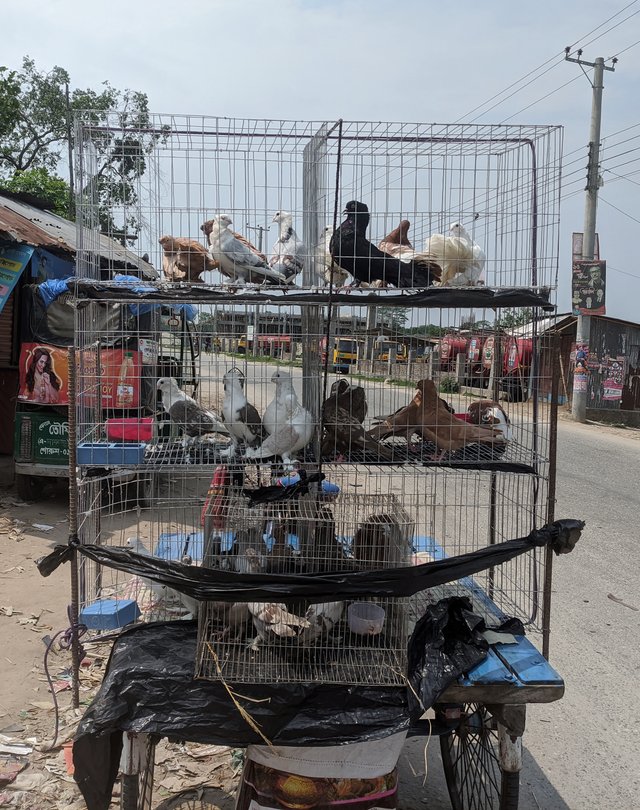Captive birds have a secret life. They can be incredibly complex, emotional creatures that sometimes don't get the respect they deserve. In many cases, they are simply ignored or viewed as objects rather than living beings. While many people choose to keep birds as pets, few know the challenges and rewards of owning a bird that is not domesticated. Captive birds have more consistent food and shelter than those in the wild. They are also less likely to contract diseases or be attacked by predators. For these reasons, most pet birds do not fare well when released into the wild.

Birds are kept in captivity for many reasons, including as pets, to study their behavior and ecology, or to use in the entertainment industry. Captive birds can be a valuable source of information about bird biology and ecology, and can also play an important role in conservation. However, there is still much that we don’t know about captive birds. In particular, we need to better understand the effects of captivity on bird physiology and behavior.

Captive birds provide a unique opportunity to study the biology and behavior of birds. By understanding how captive birds live and behave, we can learn more about their wild counterparts. Captive bird studies can also help us to develop better ways to care for and manage bird populations in the wild.

The negative effects of captivity on birds have long been documented. In the wild, birds have a vast territory in which to fly, forage, and socialize. When they are confined to a small aviary or cage, their physical and psychological health suffer.
Birds that are kept in captivity can become obese from overeating or malnourished from a lack of healthy food options. They may also develop behavioral problems, such as feather plucking or excessive screaming. Captive birds can also succumb to stress-related illnesses, such as heart disease or liver failure.

Overall, it appears that captive birds do have better lives than those in the wild. They have more consistent food and shelter, and they typically receive better veterinary care. This may be due to the fact that they are easier to monitor and take care of in captivity. However, it is important to remember that birds are meant to be free, and they should always be given the opportunity to live in the wild if possible.